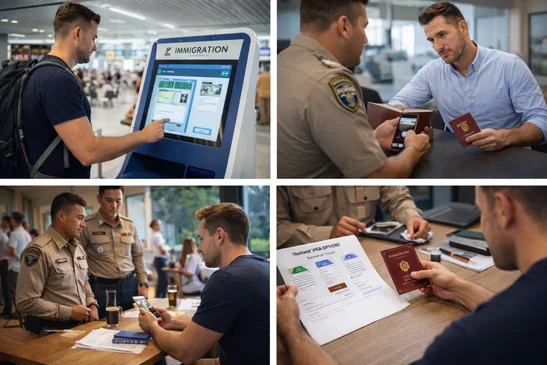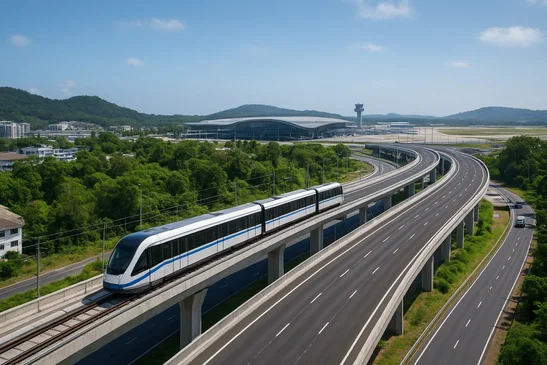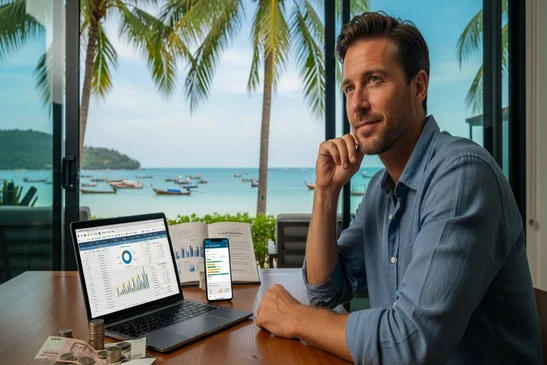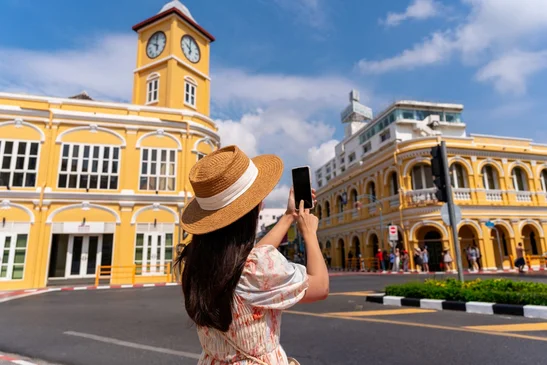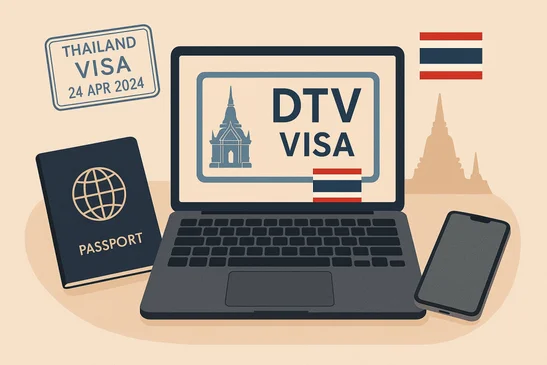Ask any old timer who’s originally from Phuket, and they will tell you the island has been undergoing constant change for decades. That being said, few can deny the scale and urgency of changes over the past five years. In certain regions of the island the skyline and demographic are nearly unrecognizable compared to just a few years ago. Sure, we live in a dynamic world, and many areas are transforming for various reasons, ranging from climate refugees to burgeoning populations, and Phuket is no exception. Let’s take a look at some of the most significant events that have influenced the island’s changes.
The COVID-19 Pandemic

Few would argue that the most defining event of recent years was the COVID-19 pandemic, which literally brought Phuket’s tourism-driven economy to a screeching halt overnight. The hundreds of daily flights to Phuket Airport ceased, the beaches went empty and then were closed altogether, and all tourist-related businesses were eerily silent. Businesses with overhead costs and smaller margins were annihilated, and even the most successful had to proceed carefully into the unknown. Some, especially restaurants, moved to areas of the island with more well-established year-round residents. As a result of people being largely unable to travel internationally and many shifting to working remotely, visitor demographics shifted to domestic tourists. Like the rest of the world, many Thais found themselves able to work from anywhere with a laptop and fled the city to stay in hugely discounted hotels and luxury resorts. This moment was the great global shift to many people being able to work remotely, which segues into the next thing that’s changed Phuket.
The Rise of Digital Nomads

While the trend for companies to let employees work remotely existed before the pandemic, necessity during the crisis led to a new normal. Although the time difference from their home country can be inconvenient, many digital nomads have since chosen Phuket for their base of operations. The reliable and snappy internet connection, tropical lifestyle, and especially the introduction of the DTV (Destination Thailand Visa) have since made Phuket a popular option for this demographic. The DTV has a five-year validity and allows holders to stay for 180 days with a 180-day extension – effectively making them able to stay in-country for one-year stints. This influx has contributed to changes in housing demand, with more co-working spaces, serviced apartments, and villa developments catering to long-stay visitors.
Geopolitics
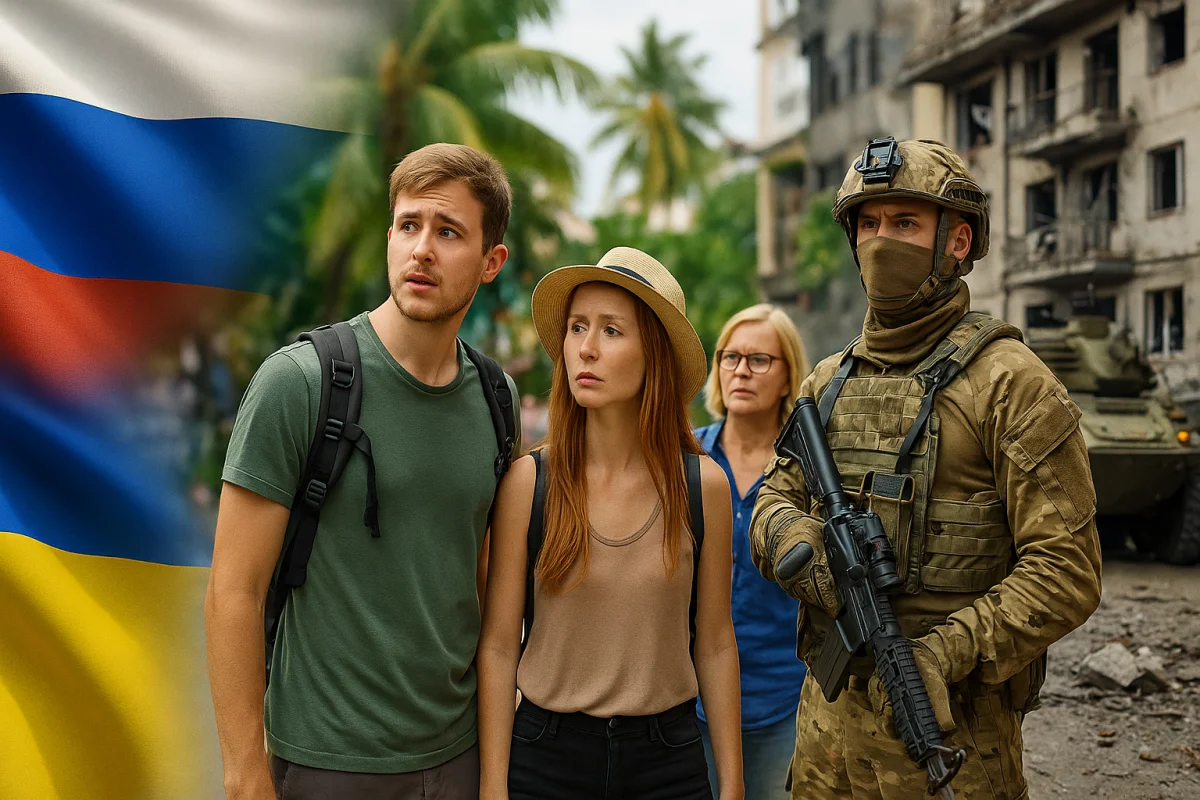
Global politics, civil unrest, and wars have all had a direct or indirect effect on Phuket, but none so much as the Russia-Ukraine conflict. Not only has Phuket seen a huge influx of people from both of these countries staying long-term, but investment and entrepreneurs have taken a keen interest. This is partly due to sanctions against Russia from Western countries, which limit or ban investment, but also citizens starting businesses to serve the huge number of tourists coming from Russia. While difficult to quantify, there is certainly a segment of the population escaping to a tropical island to avoid conscription into the army.
